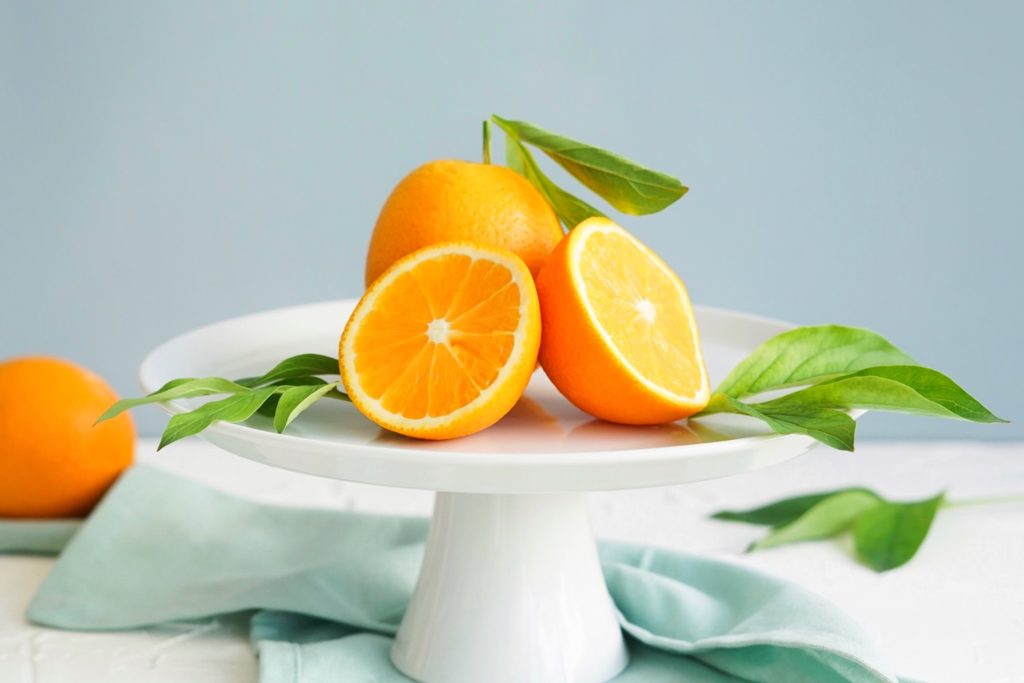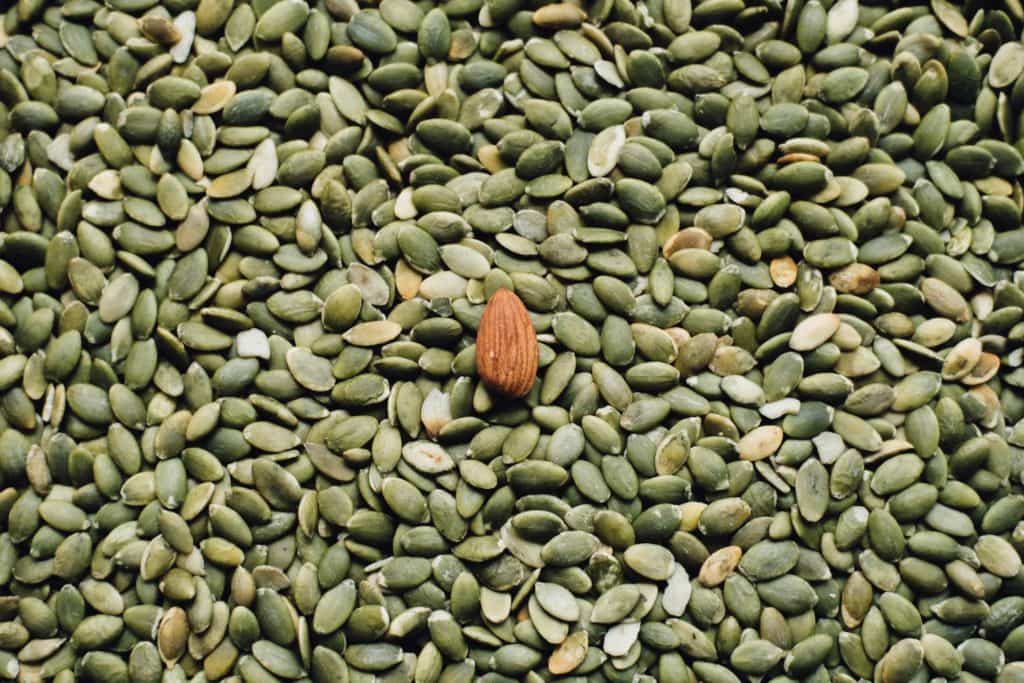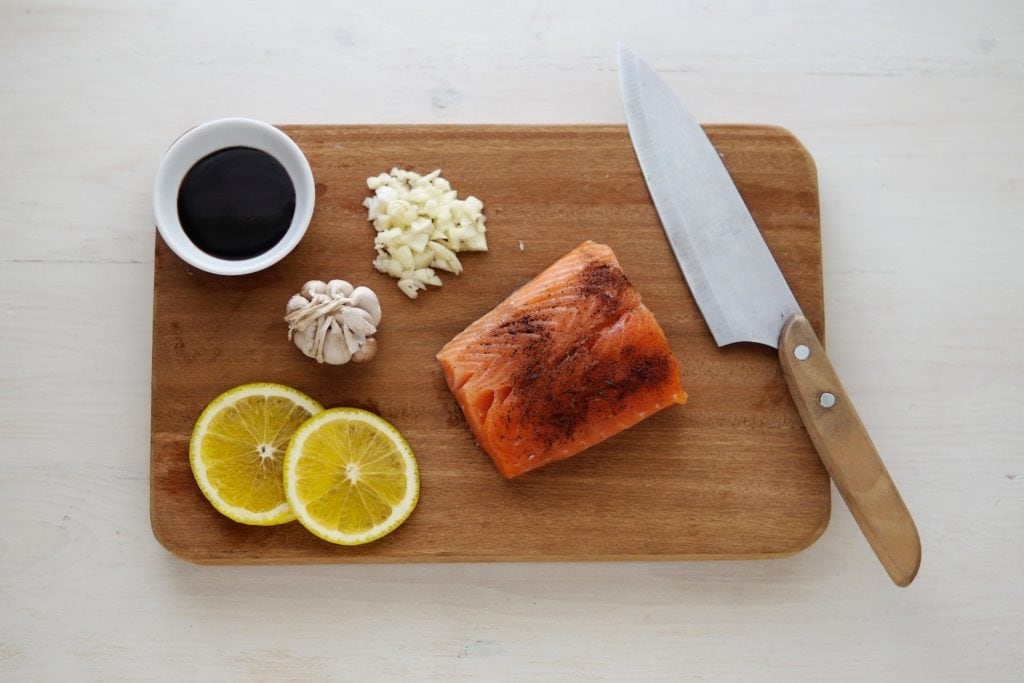Whether it’s flu season or the middle of summer, at Compare Retreats we believe health is a year-round thing. Making long-term lifestyle changes rather than yoyo-diets and quick fixes benefit you in the long run, but there’s also no bad time to start. In light of the recent Coronavirus epidemic, Covid-19, a lot of us are taking a hard look at our own health and searching for ways to boost our immune system in a bid to stave off infection. Eating a balanced diet and getting enough of your essential vitamins and minerals has been linked to stronger immunity, so we spoke to nutritionist Renee Grandi from Chiva-Som Health Resort about which nutrients we should be topping up on.

Vitamin C
It’s something of an urban legend that vitamin C fights the flu: while eating an orange isn’t going to stop you from getting sick, making sure you regularly eat enough vitamin C might help you get better faster. A 2018 study on immune function and micronutrient requirement found that Vitamin C supplementation improved the length and severity of the common cold in adults and teens.
“Vitamin C is one of the bodies most essential antioxidants, and unfortunately we need to get it from external sources,” says Renee Grandi, Nutritionist and Naturopath at Chiva-Som. “Vitamin C has shown to significantly strengthen the body’s immunity, particularly during times of stress and infections. White blood cells have high concentrations of vitamin C that are essential to all levels of defence against free radicals, pathogens and inflammation.”
It’s found mostly in fruits and vegetables, and adults need around 90mg of Vitamin C per day: about half a cup of sweet red pepper, or 180ml of orange juice. Other great sources include grapefruit, kiwi, green pepper, broccoli, strawberries, brussels sprouts, and tomato, so there’s plenty of options to help you get enough.

Zinc
Zinc is an essential nutrient known for its immune-boosting qualities. “Zinc is a co-factor for over 200 enzymatic reactions within the body, with many of these being immune dependent mechanisms,” says Grandi. “It supports against viruses and bacterial pathogens and promotes healthy function and integrity for our white blood cells: macrophages, neutrophils, natural killer cells, T-cells and lymphocytes.”
Very little zinc is needed daily (just 2mg daily), and its found in a variety of food, including poultry, red meat, seafood and grains. Half a cup of baked beans, 29 grams of pumpkin seeds, or 85 grams of dark-meat chicken is enough to meet your daily needs. Most people shouldn’t have a problem getting enough of this immune-boosting nutrient, but those on a vegetarian or plant-based diet might need supplements.

Vitamin D
Vitamin D performs a whole host of jobs in the body, from helping calcium absorption to aiding bone and cell growth, but it’s also key to good immune function.
“Vitamin D has been shown to significantly regulate immunity and to support auto-immune conditions,” says Grandi. “It enhances the first defence system mechanisms against pathogens and improves our immune system’s targeting, natural killing and detoxification processes.”
Unfortunately, its hard to get enough Vitamin D from diet alone: it’s found mostly in animal products, like tuna, salmon, egg yolks, and fish liver oils. However, you can also get vitamin D from sunlight, which Grandi says is the best source. “If you receive adequate levels of sunlight, usually you wouldn’t need to supplement vitamin D. Unfortunately, many of us live in rather gloomy climates where supplementation is vital.”
The Office of Dietary Supplements suggests five to 30 minutes of sun exposure at least twice a week is usually enough to fulfil Vitamin D needs—the perfect excuse for a walk at lunch time. If you’re falling short of this, it’s best to get a supplement to boost your immune system.
If you’re worried about your immune system or flu season, always speak to your doctor before making significant lifestyle changes. Vitamins supplements are not a substitute for medical help, and should be used as part of a healthy lifestyle. Always get medical help if you’re feeling unwell.
